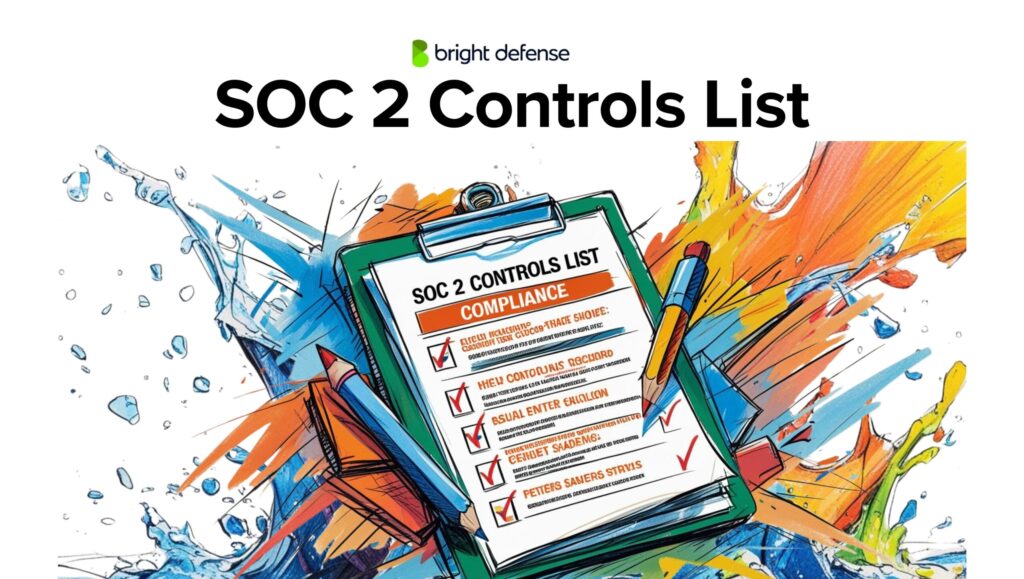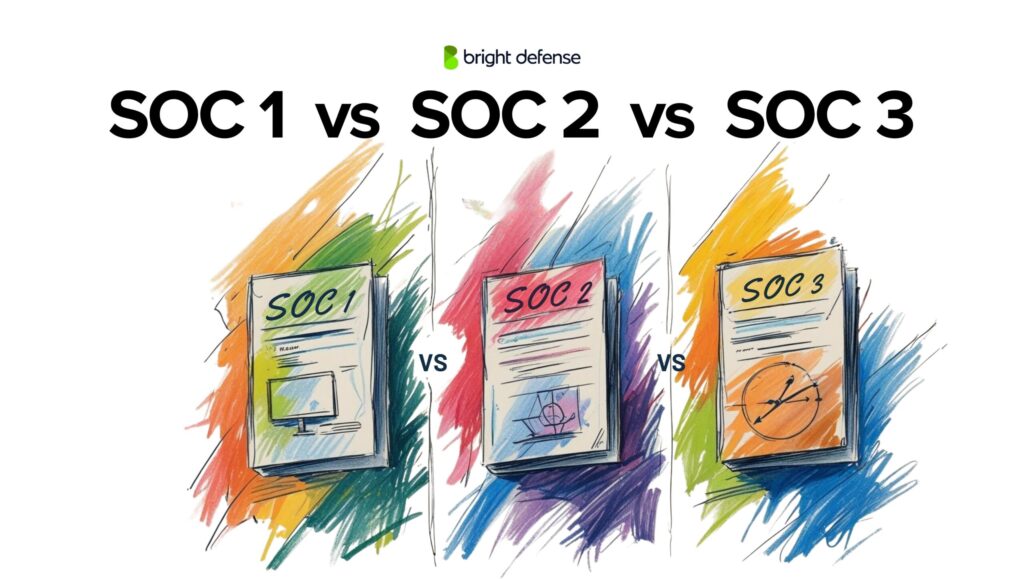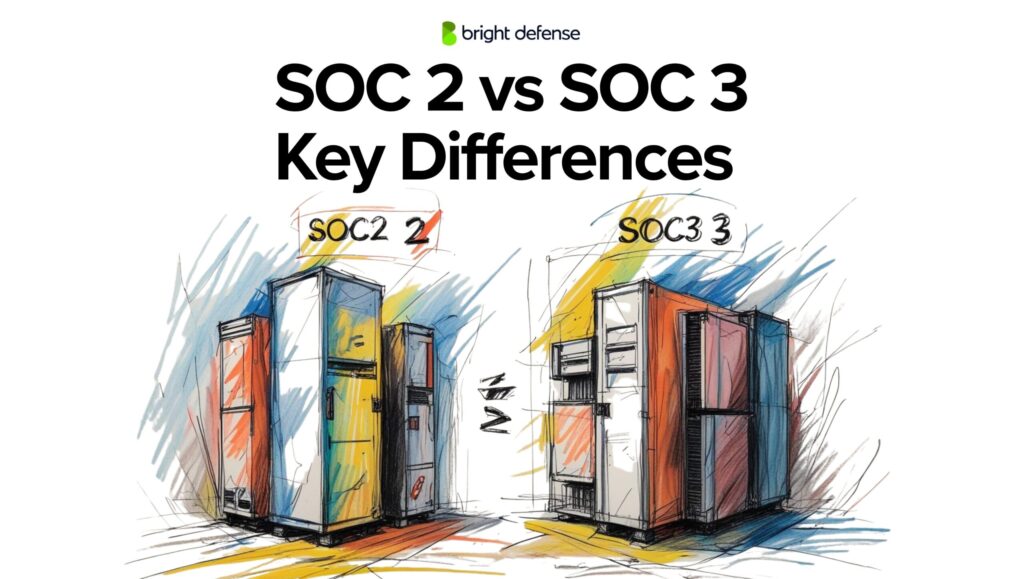
John Minnix - Compliance Strategist
June 28, 2025
Compliance as a Service Explained
As security breaches continue to proliferate, organizations are under increasing pressure to improve their security posture and achieve and maintain compliance. While the compliance landscape is increasingly complex, most organizations lack the budget for compliance officers or other on-staff experts. 62% of organizations say they are understaffed in cybersecurity. Compliance as a Service, also called CaaS, bridges the game by providing compliance experts on a monthly service model.
Join us as we explore the reasons behind the growing demand for CaaS services.
An Overview of the Compliance Landscape
Compliance is a cornerstone of building an effective cybersecurity program. According to Vanta, 52% of organizations reported compliance as a top three security priority. Achieving compliance with frameworks like SOC 2, CMMC, and HIPAA demonstrates a commitment to data integrity and security. It sets the tone within an organization that security is important and builds trust with customers and investors.
Compliance has traditionally been viewed as an annual, point-in-time exercise. This approach has significant gaps, unfortunately. Between audit periods, the organization may be unaware of new threats or changes in regulation. Substantial time is wasted each year preparing again for the audit.
Modern compliance management demands a more dynamic approach to rapidly changing technologies and threats. Continuous compliance has emerged as the new paradigm, with 91% of organizations saying they will move to this approach in the next 5 years, according to Drata. Instead of periodic checks, continuous compliance underscores the need for ongoing monitoring and adaptation, ensuring businesses remain compliant daily and fostering a consistent vigilance culture. This evolution in the compliance landscape paves the way for Compliance as a Service.

Understanding Compliance as a Service (CaaS)
Compliance as a Service is an innovative solution that helps businesses manage and maintain compliance requirements through a service-oriented model. Instead of businesses trying to internally handle every facet of compliance—which often requires significant resources, continuous training, and updated expertise—CaaS offers a bundled, ongoing service external experts provide. This model leverages technology and human expertise, ensuring that companies are always up-to-date with the latest regulatory changes and that their operations adhere to the necessary standards.
At its core, CaaS operates on continuous monitoring and adaptation. Traditional compliance methods often involve periodic audits and checks, but CaaS emphasizes a dynamic approach. It involves real-time monitoring of business operations, automatic updating of compliance measures as regulations evolve, and proactive interventions to address potential issues before they escalate. This continuous nature of CaaS ensures that businesses remain compliant at all times.
The rise of CaaS is a testament to the complexities of the modern business environment. With regulatory landscapes becoming more intricate and the costs of non-compliance soaring, many organizations find solace in outsourcing this critical function. CaaS providers, equipped with the latest tools and deep expertise, offer businesses the peace of mind that their compliance needs are addressed comprehensively, allowing them to focus on their core operations and growth.

The Benefits of Compliance as a Service
By shifting the traditional compliance model to a service-oriented approach, CaaS offers a range of compelling benefits. Let’s explore some of the benefits of continuous compliance services further.
Holistic
Traditional compliance often involved disjointed efforts—audits here, training there, and periodic system checks. CaaS, in contrast, offers a comprehensive, integrated approach. It encompasses everything from regular monitoring to real-time alerts and cybersecurity awareness training, ensuring that every facet of compliance is covered.
Technology-Driven
40% of companies use only word-processing applications and spreadsheets to managed compliance. CaaS leverages the latest technological advancements to bolster the compliance process. From automated monitoring tools that scan systems for vulnerabilities to artificial intelligence that predicts potential compliance issues based on patterns, CaaS providers employ modern tools to stay ahead of potential threats.
Expertise on Tap
CaaS isn’t just about technology. Leading CaaS providers come with a team of compliance experts who bring a wealth of knowledge. These experts stay updated with the latest regulatory changes, advise businesses on best practices, and offer insights on how to navigate complex compliance scenarios.

Scalability
One of the standout features of CaaS is its scalability. Whether you’re a startup or a multinational corporation, CaaS solutions can be tailored to fit your specific needs. As your business grows and evolves, your compliance framework, backed by CaaS, can adapt without missing a beat.
Cost-Efficient
Outsourcing compliance management to CaaS providers can often be more cost-effective in the long run. It reduces the need for in-house teams to undergo continuous training, minimizes the risks of regulatory penalties, and streamlines operations by integrating compliance seamlessly into daily operations.
Proactive
Unlike periodic compliance models, CaaS delivers proactive compliance. It anticipates potential compliance challenges, often using predictive analytics and other advanced tools, to ensure businesses are always ahead in their compliance journey. Proactivity reduces the risks associated with lagging compliance measures and ensures that businesses are prepared for regulatory shifts.

Conclusion
Compliance as a Service (CaaS) bridges the gap between traditional, periodic compliance methods and the dynamic needs of modern businesses. By providing continuous, proactive, and comprehensive compliance management through a service-oriented approach, CaaS ensures that businesses always align with regulatory standards, minimizing the risk of a data breach and optimizing operations.
Moreover, the shift towards CaaS reflects a broader trend in the business world: the recognition that specialized external expertise can offer more value, efficiency, and peace of mind than attempting to manage complex processes internally. By entrusting compliance to dedicated experts armed with the latest tools and knowledge, businesses can ensure they remain compliant and free up resources to focus on growth, innovation, and core competencies.
Bright Defense Delivers Compliance as a Service!
If you are looking for compliance services, Bright Defense can help. We defend the world from cybersecurity threats through continuous compliance. Our team of CISSP and CISA-certified security experts will develop and execute a cybersecurity plan to meet compliance frameworks. Our monthly engagement model delivers a robust cybersecurity program that allows you to meet compliance frameworks, including SOC 2, HIPAA, and CMMC.
Once we achieve compliance for your organization, we constantly enhance your security program to keep up with the evolving threat landscape and compliance standards. Our compliance automation toolset gives you complete visibility into your compliance status while saving you time and money.
We offer additional solutions to ensure ongoing compliance, including security awareness training, AI-enabled phishing testing, mobile device management, and endpoint protection. We also offer risk assessments and gap analysis.
Get started on your compliance as a service journey today with Bright Defense!

FAQ: Understanding Compliance as a Service (CaaS)
What is CaaS and how does it differ from traditional approaches to compliance?
CaaS, or Compliance as a Service, is a modern approach to help companies navigate the increasingly complex compliance landscape. Unlike traditional approaches that involve periodic checks and audits, CaaS solutions provide an ongoing process of monitoring and adaptation to ensure compliance with the latest regulations.
Why is there a need for CaaS in today’s business environment?
With the complex compliance landscape evolving rapidly, companies face challenges in staying updated with regulatory requirements. The costs of failing to maintain regulatory compliance can be significant in terms of financial penalties and reputational damage. CaaS provides an efficient way for businesses to stay ahead of this complexity.
How do CaaS providers ensure compliance for businesses?
Many CaaS providers leverage a combination of advanced technology and expert insight to proactively identify and mitigate compliance risks. These tools continuously monitor such data and processes, adjusting to the latest regulations, ensuring that companies always remain compliant.
Are CaaS solutions suitable for all industries?
While CaaS solutions are particularly beneficial for regulated industries, given the intricacy of their compliance processes, they can support any company seeking to navigate the complex compliance landscape. As regulatory requirements become more comprehensive across various sectors, the applicability of CaaS grows.
How do CaaS solutions reduce costs for companies?
Traditional methods of ensuring compliance often involve hefty internal resources and potential for error, leading to unforeseen expenses. CaaS providers offer specialized expertise and tools designed specifically for the task, often resulting in more efficient, error-free compliance processes. This can reduce both direct costs and the potential financial implications of compliance breaches.
With the increasing complexity of data management, how does CaaS help?
Data is central to the compliance processes of many businesses. In an increasingly complex digital world, CaaS solutions provide the necessary tools and support to ensure that such data is managed, stored, and processed in accordance with the latest regulations, minimizing the risks associated with data breaches and non-compliance.
By turning to a CaaS provider, businesses can effectively navigate the challenges of today’s complex compliance environment, ensuring they remain compliant while focusing on their core operations.
Get In Touch



